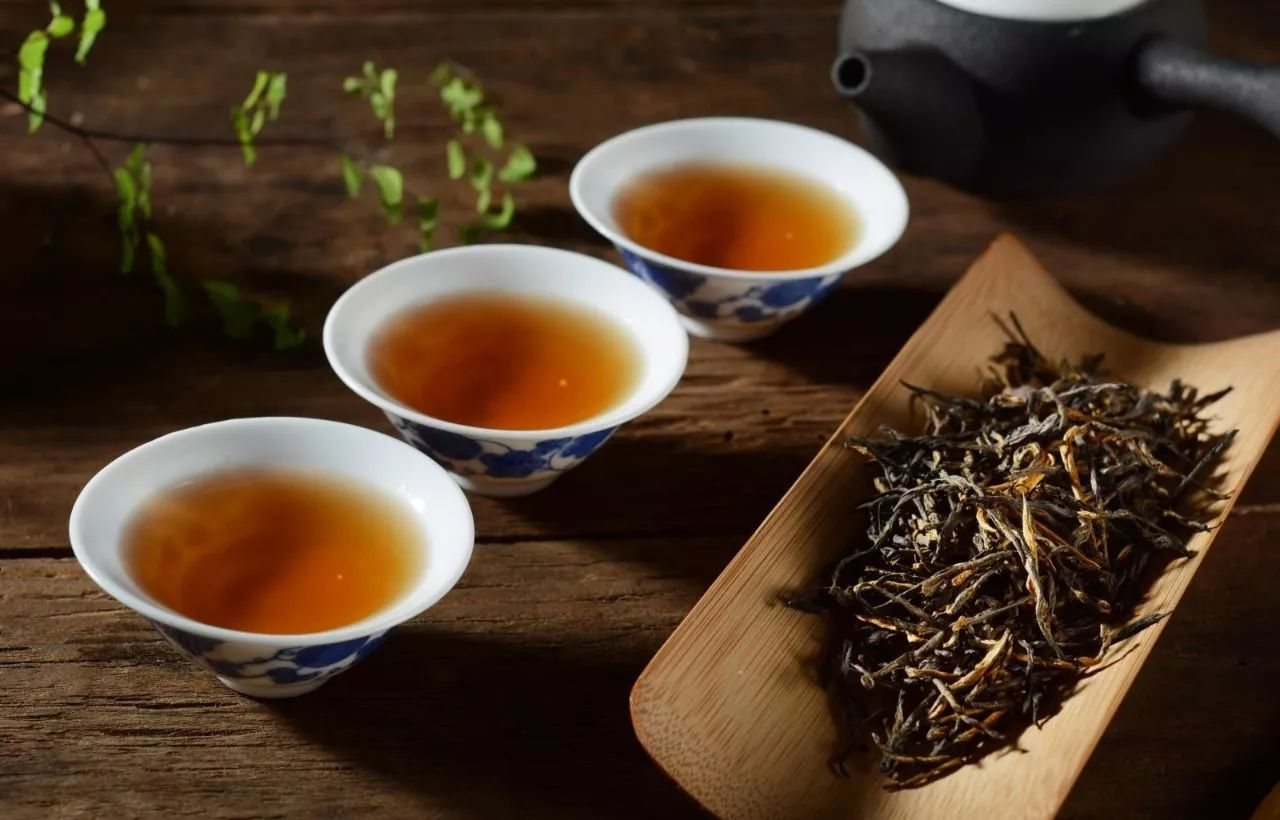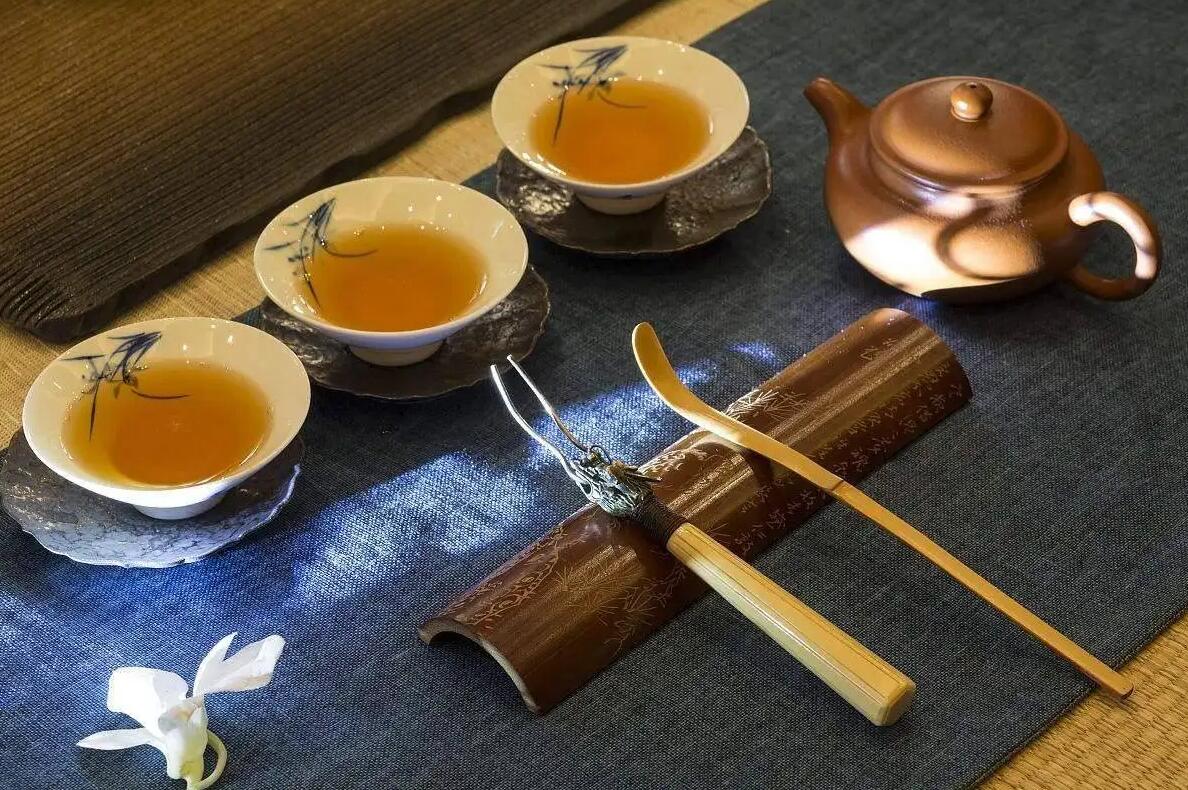The Philosophical Meaning of "Life's Destination"
"Life's destination" is a very important Tea Ceremony idea. It derived from the Buddhist concept of karma and the idea of forming good fortune, and later developed into the criteria for tea meeting. "Life's destination" ideology requires people to understand that everything single meet between each other is the only which can not be repeated. Therefore, we should cherish each meeting. The hosts should prepare well and be hospitable, communicate honestly, and satisfy friends. Buddhist thinking and the practice of "forming good fortune" unite the broad masses of believers so much that Buddhism is popular. While to the Tea Ceremony taking "life's destination" as the vital standard, value each day's friendship through activities, value each individual's attention, and promote the spirit of tea ceremony.
The Japanese Tea Ceremony also emphasizes the "life's destination", Japanese people think that "life" represents a lifetime; "destination" means only meeting and the only chance. Despite the availability, times of tea meetings could be a lot, but no one be repeated, so each meeting must be fully enjoyed.
The Models for "Life's Destination"
The Tea Ceremony is a human rule, which is the exchange of people' minds and hearts. people in the history all took "life's destination" as a standard to get along with people. In this respect the Tea Sage Lu Yu in the Tang Dynasty is exemplary.
Social status was very important in the Tang Dynasty in particular. Lu was abandoned as a baby, even after he grew up he was still a poor scholar, but because his life s destination spirit to get along with others, he made the miracle of making friends. A book in the Tang Dynasty recorded: "Half of the scholars and virtuous celebrities would like to get along with him”. In the AH Tang Poems, there are recorded about 50 to 60 poets with poems related to Lu Yu's tea poems. One of the well-known is the poem by monk Jiao Ran. He is a close friend of Lu Yu regardless of their huge age gap. They savored tea together, practiced Zen together and writting together. They both wrote many excellent poems. Jiao Ran wrote a moving poem of the memorial after the death of Lu Yu:
Trees are cold and it has been spring for a while, but it is so cold that the tree is shivering.
Ten years separated become a death, when I returned, only could see the leaves falling on to my teachers grave.
Lu Yu had a lot of friends like the powerful politician and great calligrapher Van Zhenqing, the Tianbao years champion talent Huangpu Ran, one of the Dali ten talents, Geng Hui, the famous poet Meng Xiao, and Liu Changqing etc.. Yan Zhenqing built up a "three top kiosk" for Lu Yu. Huangpu Ran, Liu Changqing and Meng Xiao all highly praised Yan Zhenqing for this. Geng Hui summarized Lu Yu's personality as that of "one life as a scholar, yet many centuries to come as a tea sage."
It is precisely because Lu Yu took "life's destination" as staple to get along with people that he could be regarded as the Sage of Tea, regardless of his background of being abandoned the social status is very important though in the Tang Dynasty society.
In "life's destination", the Chinese tea drinkers often quote a poem: "The slim bamboo by the door is saying good bye, with its clear aroma of leaf." "Slim bamboo" is a symbol of the host's character. When the tea things are over, seeing the visitors out, the Bamboo seems to understand the host's mind dancing with the wind breezing, as if waving hands to the guests frequently. This poem depicts the scene of "life's destination" of the tea drinker vividly.



